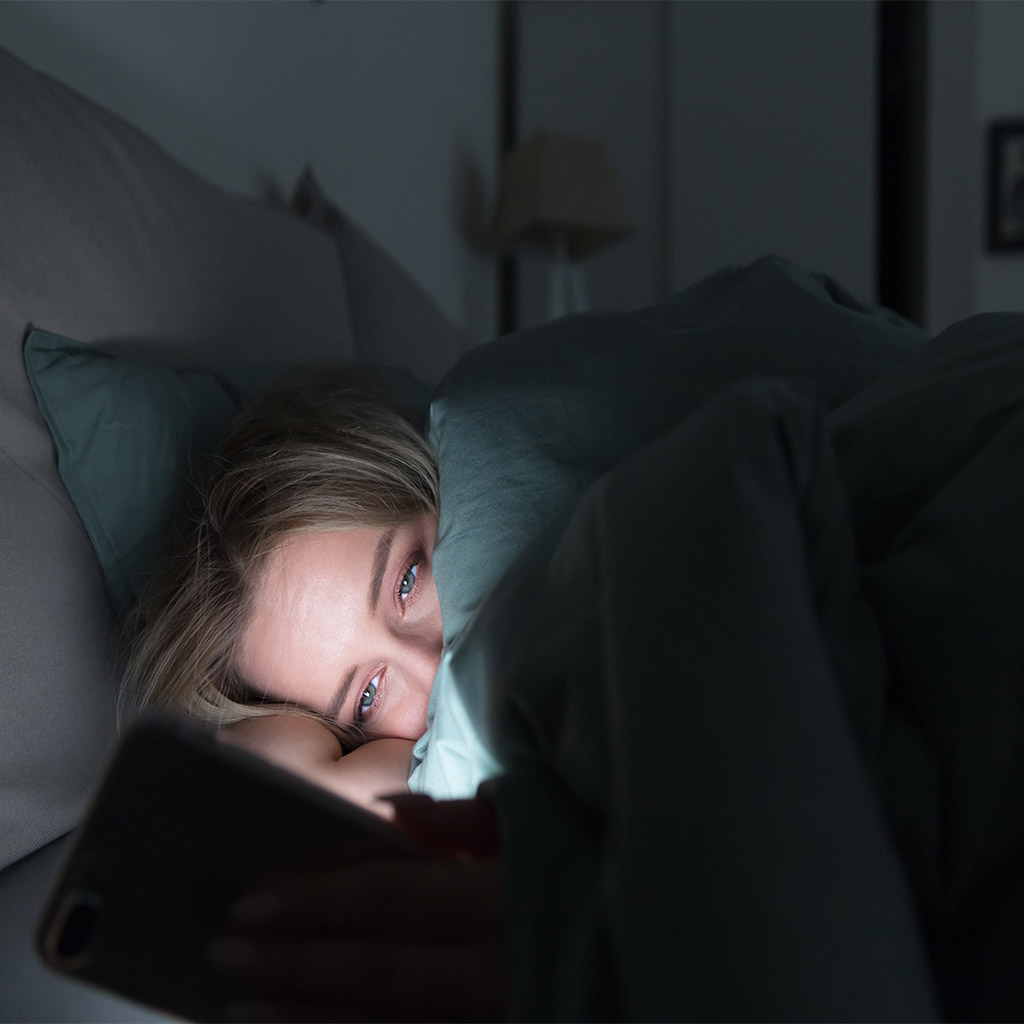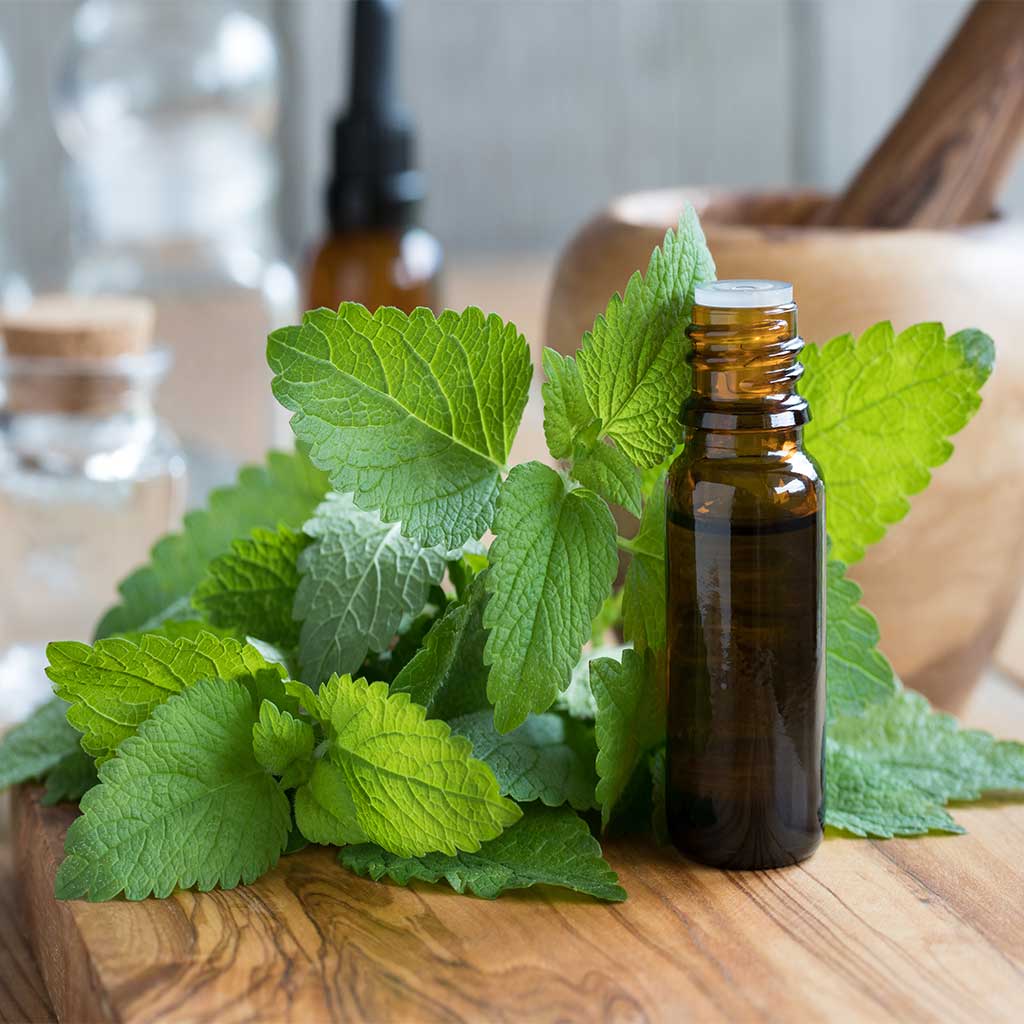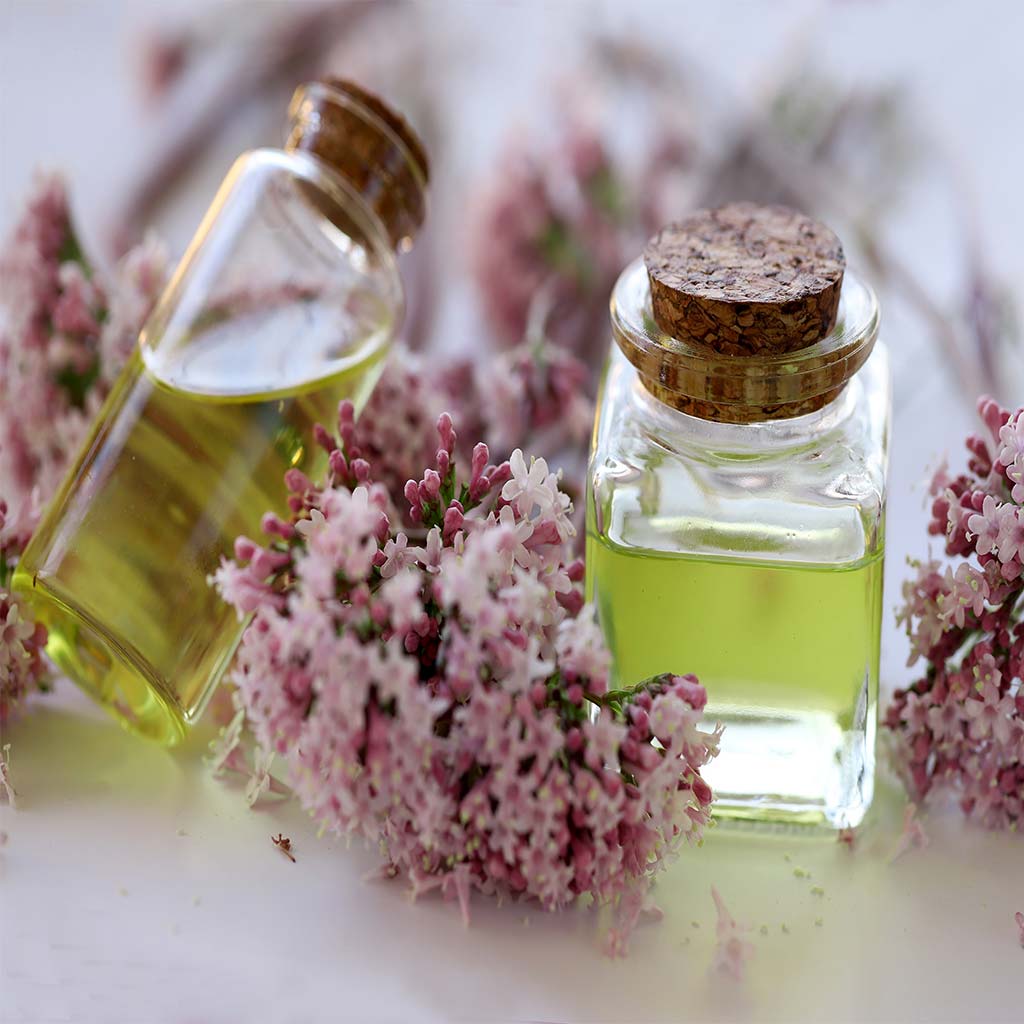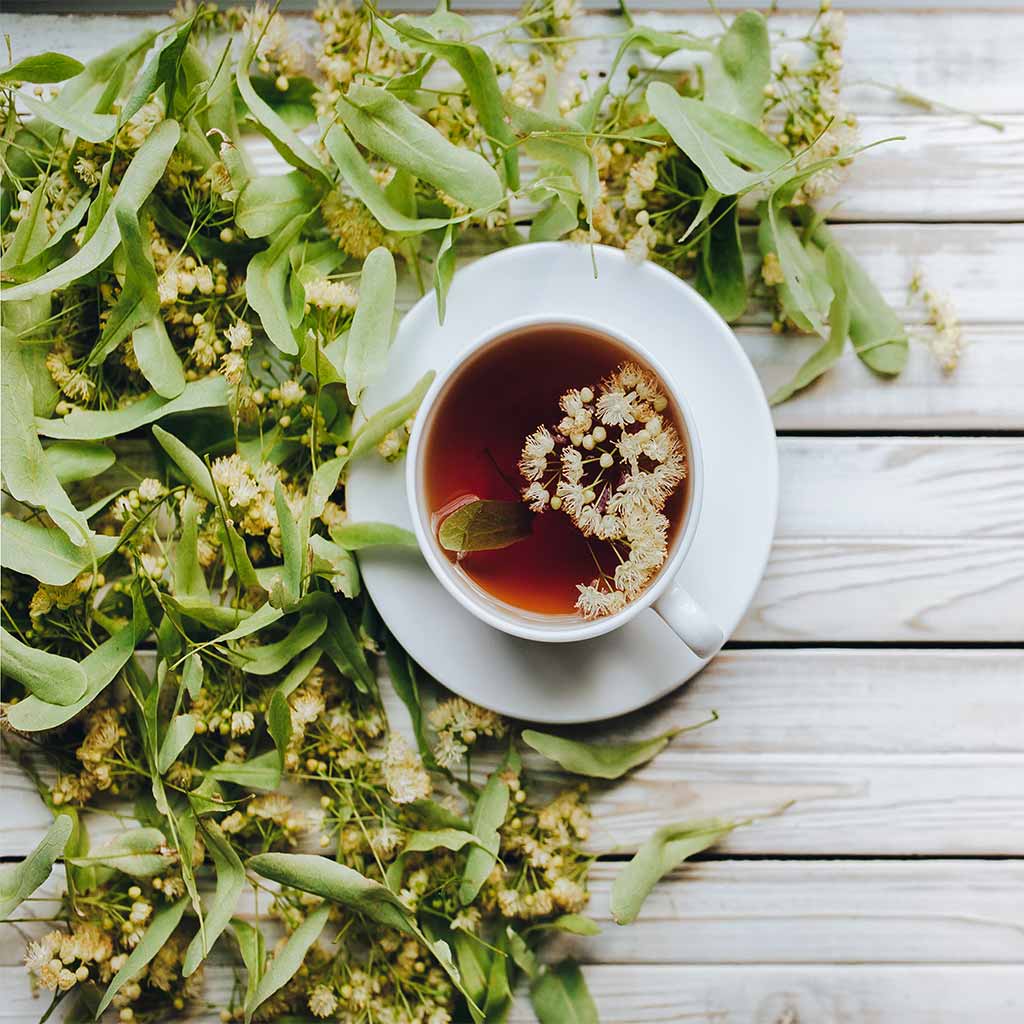One of the most common requests from pharmacy patients is for a recommendation of something to help them sleep, as insomnia, the main sleep disorder, is present in almost 30% of the population in some form. In most cases, this problem is a secondary manifestation of another concomitant condition (such as anxiety or depression). The most common symptoms are:
- Taking more than 30 minutes to fall asleep.
- Restless sleep.
- Waking up very early.
- Getting up in the night and having difficulty falling back to sleep.
- Daytime sleepiness and lack of concentration.
- Fatigue and lack of energy
- The number of hours you sleep per day.
- If you sleep during the day on a regular basis or if you take naps.
- How many days you have had insomnia, and if there have been any significant circumstances in your life that could have triggered it.

Once we identify where the insomnia is coming from and how long it has been going on, the best solution can be offered.
Hygienic measures
Before using phytotherapeutic or pharmacological treatment, if you suffer from insomnia, it is advisable to first follow a series of hygienic and behavioural measures to try to reduce it. In addition, if it is necessary to use additional components to help you fall asleep, these measures will always help to make them work more quickly and effectively.-
- Do not consume caffeine in the 6 hours before going to bed and avoid smoking. Both caffeine and nicotine are stimulants of the nervous system.
- Do not drink alcohol, as it can often lead to nocturnal awakenings.
- Keep the room in good conditions for falling asleep (no noise, good temperature, no excess light, etc.).
- Try to have a good and routine sleep schedule, going to bed and waking up at more or less the same time.
- Avoid naps of more than 20 minutes during the day.
- Do not use devices with luminous screens before going to bed.
Phytotherapy against insomnia
If insomnia is long-lasting or chronic, or if sleeping difficulties are more or less recurrent in our lives, phytotherapeutic treatment can be of great help. Despite scepticism, there are numerous medicinal plants with very good calming and anxiolytic properties, which can help us to relax and induce and maintain a healthy and deep sleep.Valerian root contains numerous essential oils that produce sedative and relaxing effects, reducing the nervousness associated with stress and improving mood and concentration. It also promotes sleep and improves the quality of sleep. It can be taken on its own to take advantage of its anxiolytic properties or with other medicinal plants or melatonin to obtain synergistic effects against insomnia.
California poppy contains eschscholtzine, a natural alkaloid with a sedative hypnotic effect without narcotic action. It helps to combat stress and nervousness associated with sleep disorders.
The high terpene content gives the lemon balm fruit a sedative action that is very beneficial for anxiety and difficulty falling asleep. If you sleep during the day on a regular basis or if you take a nap.
Passionflower is high in alkaloids and flavonoids, which are responsible for its beneficial effects against sleep disorders. It is also very effective in combating the nervous spasms commonly associated with these disorders.
Lime blossom is high in essential oils, mucilage and flavonoids. This means that, as well as having anxiolytic properties, it is also good for gastrointestinal difficulties.
The hops plant can be used as a mild sedative for falling asleep. In addition, due to its phytoestrogenic properties, it is especially useful in cases of insomnia in conjunction with menopausal manifestations.



All these plants can be used in combination with each other or with other medicinal components, which are discussed below.
Melatonin
L-tryptophan
GABA
Melatonin
Melatonin is a hormone produced by the body itself, which regulates day-night and sleep-wake cycles. Darkness causes the body to produce more of it, and light causes production to decrease.
Melatonin can be administered exogenously, and its use has been found to be beneficial for falling asleep and regulating sleep cycles, helping to improve insomnia disorders. Melatonin can be administered alone or in combination with medicinal plants (generally valerian and passionflower) or other molecules (such as GABA or L-tryptophan) to achieve synergistic actions and make its effect against insomnia more effective.
L-tryptophan
L-tryptophan is an essential amino acid, necessary for protein production. It is especially necessary for the production of melatonin, being its precursor, so its co-administration is particularly useful in cases of insomnia.
GABA
Gamma-aminobutyric acid is a neurotransmitter naturally present in our body. In this case, GABA acts by regulating brain excitability, inhibiting excessive neurotransmission and causing a feeling of relaxation and calm. Thus, by administering GABA together with the other components described above, we achieve a further reduction in stress and anxiety.
In short, the list of options for combating insomnia and its associated problems is extensive, but it is always advisable to start by taking as few components as possible that have an effect, so that, if necessary, the number of components can be increased if the situation worsens.
Likewise, as we have already said, it is more than advisable to follow a good bedtime routine and, if it is necessary to add a supplement, always take it half an hour before going to bed.
And now, good night!



